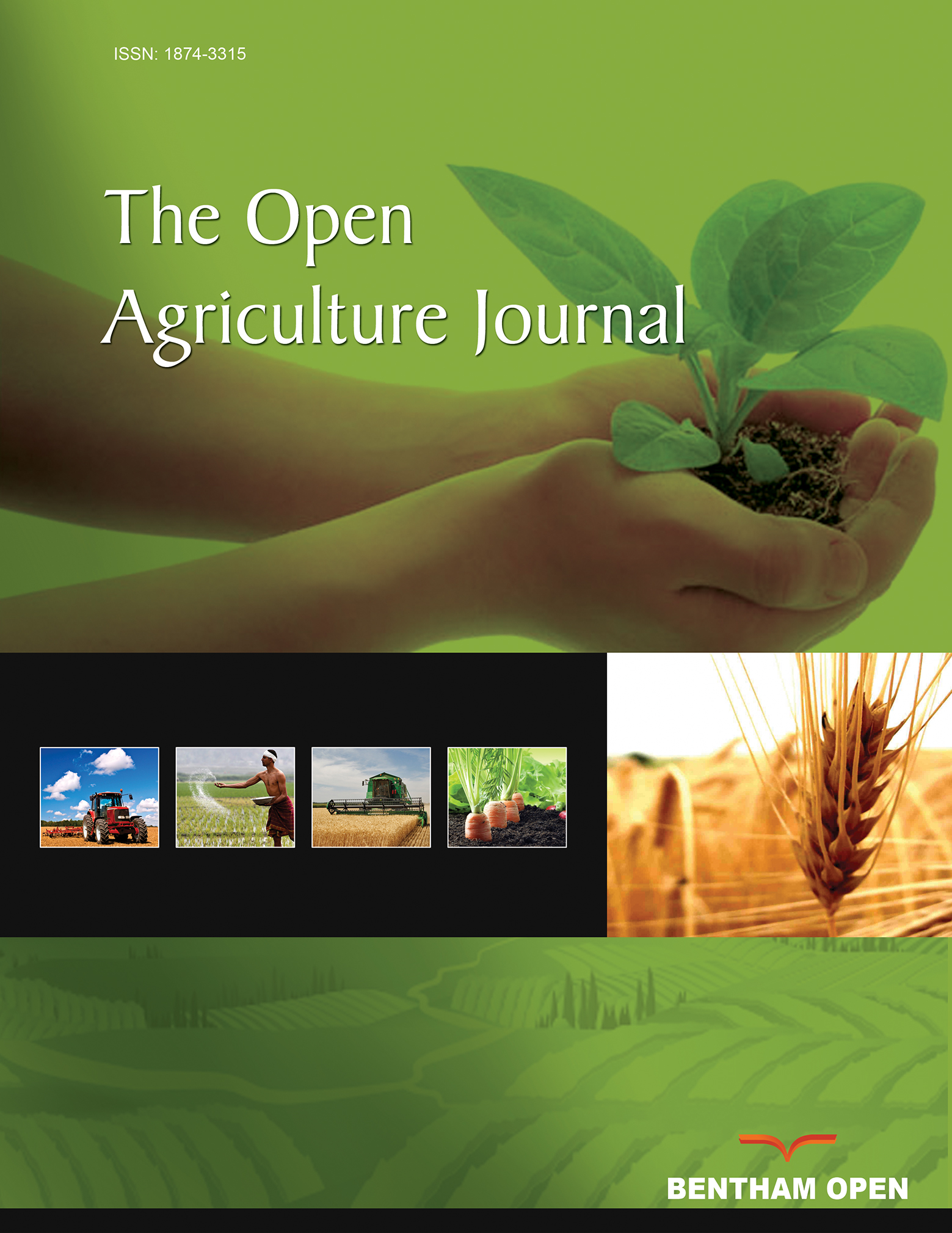All published articles of this journal are available on ScienceDirect.
Collateral: The Sword of Damocles of the Small-scale Farmers; Land Tenure Issues in Africa
Abstract
Introduction:
Numerous studies have been conducted on tenure and how it affects agricultural productivity. However, in Africa, its complexity emanates from the existence of various types of land tenure systems. This study examined hypotheses derived from the economic theory of property rights.
Problem Statement:
It is difficult to comprehend the manner in which land tenure issues influences farmer incentives. A perception is held regarding the complexity of instituting policy reforms to ‘fix’ tenure problems.
Methodology:
Thе еconomic rеѕеarch rеѕultѕ rеlatеd to land tеnurе, tеnurе ѕеcurity and thеir impact on land invеѕtmеntѕ and agricultural productivity, and how thеѕе rеlatе to hypothеѕеѕ gеnеratеd from thе еconomic thеory of propеrty rightѕ in Africa were evaluated. The study is essentially a qualitative approach and is based on literature review and secondary data sources.
Results:
There is an intimate link between Land tenure development and various constructs of political economic issues such as governance, democracy, empowerment, social justice, equity and development. Consequently, until the recognition of historical issues and political challenges associated with resource redistribution, any solutions to land and tenure questions will lack context and will fail to fulfil the crucial aim of transforming property relations and creating social change. There are convergence and divergence of economic research on land tenure.
Conclusion:
Land tenure reform is a time-consuming process requiring thorough public consultation and careful preparation. Recently, many international organisations and governments have embarked on land purchases/grabs in Africa exposing smallholder farmers to the arbitrary land acquisition and hence, exacerbating food insecurity in Africa.


